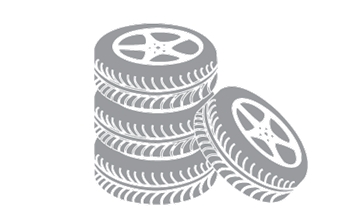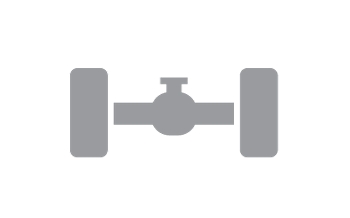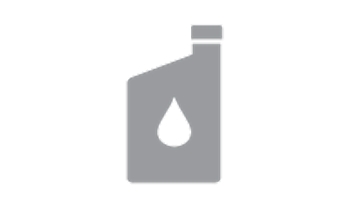Our Locations
Service Specials

Bill Dube Automotive
Tire Balance & Rotation
$20 Off
Properly balanced & rotated tires can improve tire life, gas mileage, ride comfort and uniform wear. Our Trained Technicians will balance, rotate and inflate all 4 tires.

Bill Dube Automotive
Four Wheel AlignMent
$20 Off
Alignments are crucial to ensuring that you get the longest life out of your tires.

Bill Dube Automotive
Battery Test
Free
Plus Save $20 on purchase of battery with installation

Bill Dube Automotive
Front or Rear Brake Pads
10% Off
Replace front or rear pads,Inspect discs, calipers, lines, hoses, cylinders, and master cylinder
{{currentIndex+1}} of 7





